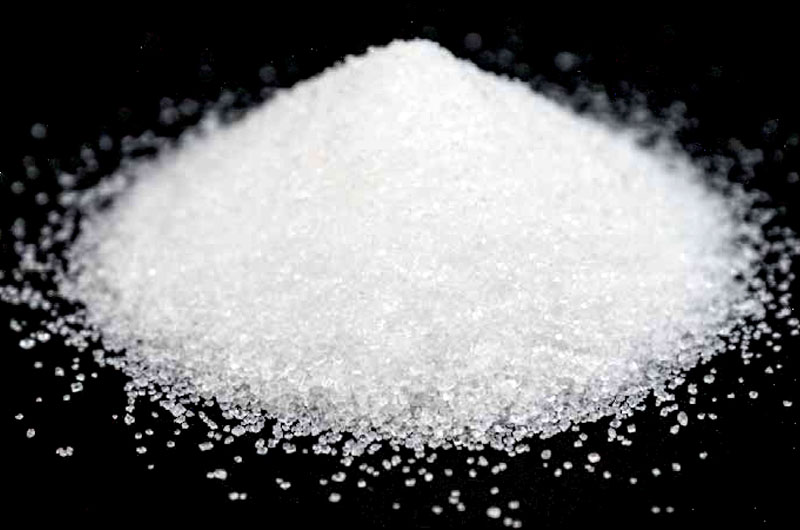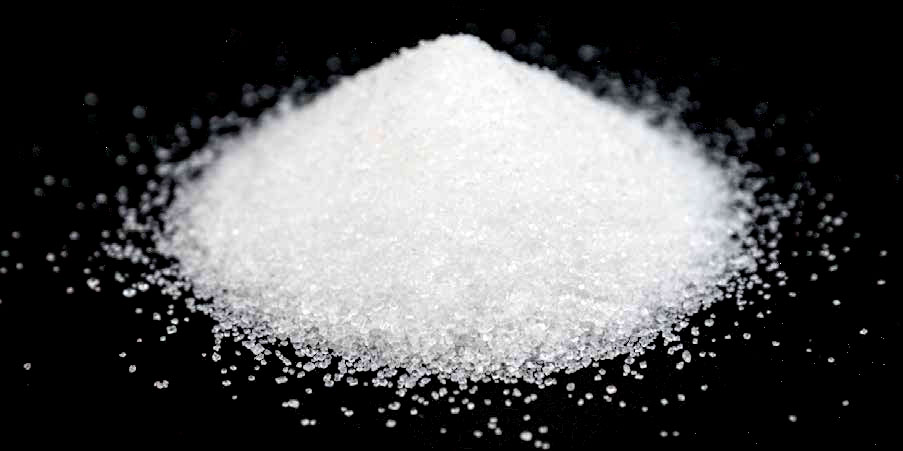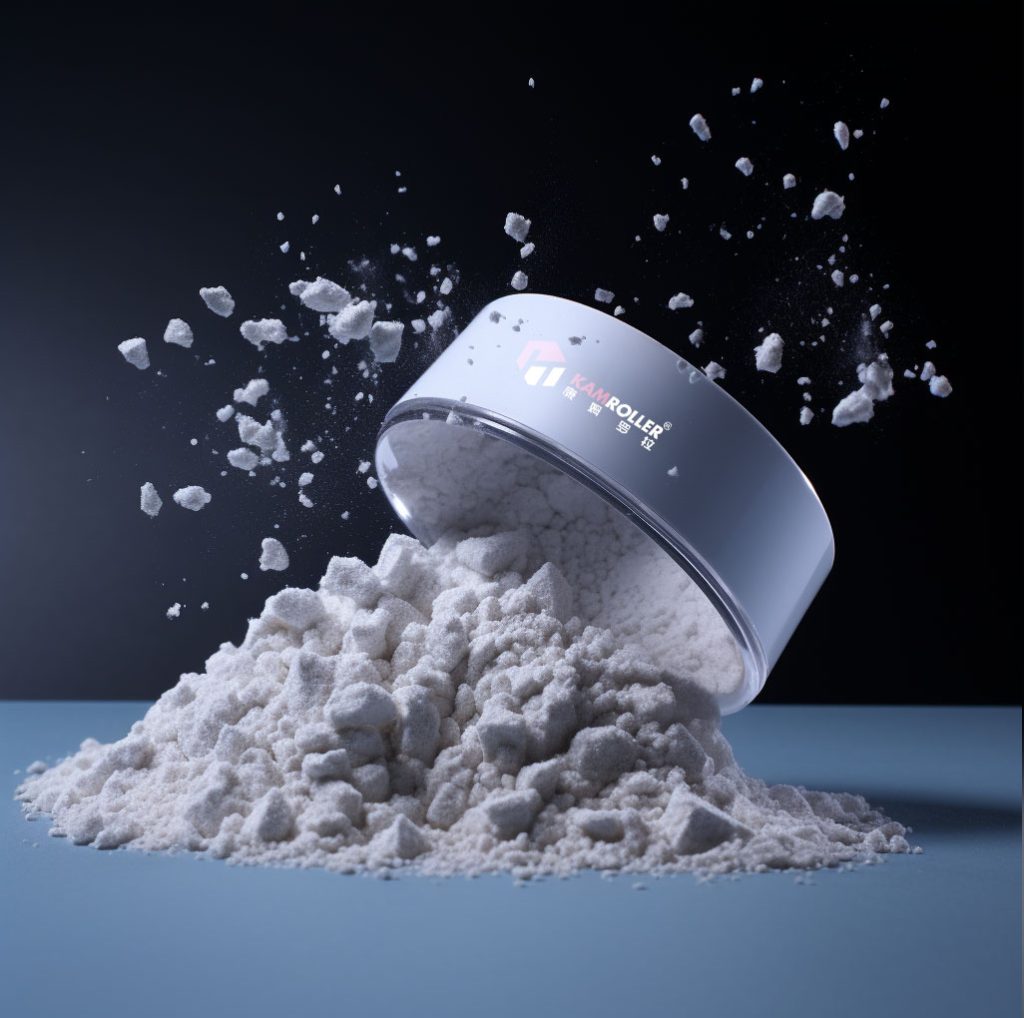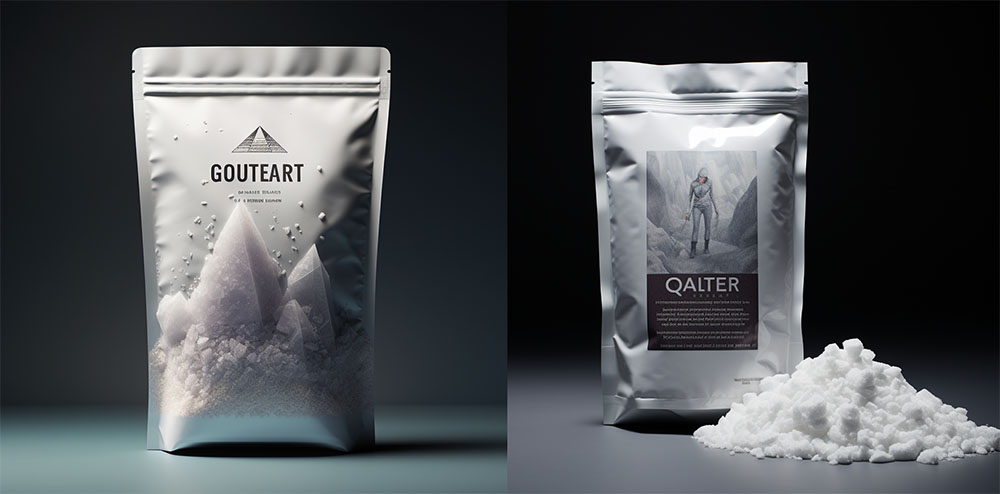クォーツパウダーとは何ですか
2024.06.02hqt

クォーツパウダーは、石英鉱石の加工と粉砕によって得られる粉末状の物質です. クォーツサンドまたはクォーツストーンを加工し、粉砕してクォーツパウダーを生産できます, これは、広範囲の用途を備えた白または透明なパウダー状の素材です. そのユニークな物理的および化学的特性のため, クォーツパウダーは、ガラス製造などの産業で広く使用されています, 陶器, コーティング, 鋳造, およびエレクトロニクス.

石英パウダーの組成:
石英粉末の主要な成分は二酸化シリコンです (SIO2), これは非常に一般的な化合物です. Additionally, クォーツパウダーには、水銀などの微量元素が含まれている場合があります, 鉛, クロム, ニッケル, etc. Therefore, 安全性に特に注意が必要です.

石英パウダーの使用
- 建設資材: クォーツパウダー, 他の材料と混合する場合, 優れたパフォーマンスで高強度コンクリートを生産するために使用できます.
建設材料部門で, Quartz Powderは広範な用途を見つけます. 高強度コンクリートの製造に利用されることとは別に, また、コンクリートの作業性と究極の物理的特性を高めるために、フィラーまたは添加剤として一般的に採用されています. クォーツパウダーは、Quartz Sandの生産にさらに利用されています, 構造のフィラーとして機能します, 道路材料, ガラス製造の原料として. その硬度と耐摩耗性のため, クォーツパウダーは、床材料のコンポーネントとしても使用されます, クォーツの床など.

化粧品における石英パウダーの広範なアプリケーション
クォーツパウダー, 天然鉱物, 化粧品で広く使用されています, 主にフィラーおよび肥厚剤として機能します. 滑らかなテクスチャーを備えた化粧品に提供します, ユーザーエクスペリエンスの向上.
フィラーとしての役割
フィラーとして, クォーツパウダーは、化粧品のギャップを効果的に満たします, より均一で洗練されたテクスチャーをもたらします. これにより、製品の外観が改善されるだけでなく、その接着も強化します, メイクを長持ちさせます.
肥厚剤としての役割
肥厚剤として, 石英粉末は化粧品の粘度を増加させます, それらを適用して広めやすくします. これにより、アプリケーション中に製品がスムーズに滑ることが保証されます。, それにより、化粧品の全体的な感触が改善されます.
テクスチャとパフォーマンスの向上
クォーツパウダーを適用すると、化粧品に滑らかなテクスチャを与えることができます, これは、基礎や粉末などの基本製品にとって特に重要です. 滑らかなテクスチャーは、製品の広がりを容易にするだけでなく、肌をより滑らかでより自然な外観にすることもできます. Additionally, クォーツパウダーは、余分な油を吸収するのに役立ちます, メイクの寿命と新鮮さを維持します.
エレクトロニクス業界でのクォーツパウダーの適用
クォーツパウダーは、電子産業の重要な材料です, トランジスタや統合回路などのさまざまな電子コンポーネントの製造に使用される場合.
製造トランジスタ
クォーツパウダーを処理して、高純度のシリコンを作成できます, これは、トランジスタを作成するための基本的な資料です. これらのトランジスタは、多数の電子デバイスに不可欠なコンポーネントです, コンピューターを含む, スマートフォン, さまざまなデジタルアプライアンス. クォーツパウダーに由来する高純度のシリコンは、トランジスタの効率と信頼性を保証します.
統合回路の作成
トランジスタに加えて, クォーツパウダーは、統合回路の生産にも使用されます (ICS). これらのICSは、最新の電子デバイスの構成要素です, 複数の電子コンポーネントを単一のチップに組み込みます. このプロセスでの高品質のクォーツパウダーの使用は、統合回路の全体的な性能と耐久性に貢献します.
電子コンポーネントの強化
クォーツパウダーのユニークな特性, その高い熱安定性や電気断熱能力など, さまざまな電子コンポーネントを強化するのに理想的な素材にする. 石英パウダーを使用します, メーカーはできます
陶器業界のクォーツパウダー
クォーツパウダーは、さまざまなセラミック製品の生産のために陶器業界で広く使用されています. その優れた耐火性と腐食耐性の特性は、この目的のための理想的な材料になります.
セラミック製品の作成
クォーツパウダーは、幅広いセラミックアイテムの製造における重要な成分です, タイルを含む, 衛生用品, と食器. 高温下でのその高い融点と安定性により、セラミック製品は耐久性があり、分解せずに極端な状態に耐えることができます.
耐火物
クォーツパウダーの耐火性特性により、高温に耐える必要があるセラミック製品の生産において特に価値があります, キルンライニングやるつぼなど. これらの特性は、セラミックアイテムが激しい熱にさらされた場合でも構造の完全性とパフォーマンスを維持することを保証します.
耐食性
クォーツパウダーは、セラミック製品に対する優れた腐食抵抗も与えます. この品質は、化学物質と接触する、または過酷な環境で使用されるアイテムにとって重要です. 腐食に対する抵抗は、セラミック製品の寿命を延ばします, それらをより信頼性が高く、費用対効果を高めます.
ガラス産業のクォーツパウダー
クォーツパウダーはガラス産業の重要な原料です, ガラス製品の特性を大幅に強化する場合.
ガラス強度の向上
クォーツパウダーをガラス製造プロセスに組み込むと、最終製品の強度が向上します. この追加された強度は、耐久性が優先事項であるアプリケーションにとって不可欠です, 建設中など, 自動車, さまざまな産業用途. より強いガラス製品は、壊れやすいものではありません, それにより、安全性と長寿を強化します.
ガラスの透明度の向上
クォーツパウダーは、ガラスの透明度を改善する上で重要な役割を果たします. クォーツパウダーの高い純度と一貫した粒子サイズにより、透明で高品質のガラスの生産を可能にします. この強化された透明性は、光レンズなどのアプリケーションに不可欠です, Windows, 画面を表示します, ここで、明確さが最重要です.
In summary, Quartz Powderのユニークな特性は、セラミック産業とガラス産業の両方で不可欠な材料になります, 高品質の生産に貢献しています, 耐久性, 信頼できる製品.
石英パウダーの準備方法
石英パウダーの準備方法
1. 物理的方法
クォーツパウダーを取得するための最も一般的な方法の1つは、物理的なプロセスを使用することです, 石英鉱石の研削とスクリーニングを含む.
- 研削: 石英鉱石は押しつぶされ、ボールミルや垂直工場などのさまざまな研削装置を使用して微粒子に粉砕されます. このプロセスは、鉱石を粉状の形に縮小します.
- スクリーニング: 次に、挽いた石英パウダーをスクリーンに通し、目的のサイズの粒子を取得します. このステップは、最終製品の粒子サイズの均一性を保証します.
2. 化学的方法
クォーツパウダーは、ケイ酸塩を含む化学反応を通じて生成することもできます.
- ケイ酸塩反応: ケイ酸塩, ケイ酸ナトリウムやケイ酸カリウムなど, 化学反応を起こして二酸化シリコンを形成します (クォーツパウダー). この方法は通常、ケイ酸塩を水に溶解し、溶液からシリカを沈殿させることを伴います.
- 精製: 結果として得られたシリカは精製され、不純物を除去します, さまざまな産業用途に適した高品質のクォーツパウダーを生成します.
3. 高温メソッド
高純度の石英パウダーを生産する別の効果的な方法は、高温に石英鉱石を加熱することです.
- 加熱: 石英鉱石は非常に高い温度にさらされています, それはそれが不純物を分解して解放する原因となります. このプロセスはしばしば炉またはkiで行われます.
- 冷却と研削: 加熱後, 石英が冷却され、その後微粉末に粉砕されます. 高温プロセスは、結果として得られる石英パウダーが高純度であることを保証します, 優れた品質を必要とするアプリケーションに最適です.


